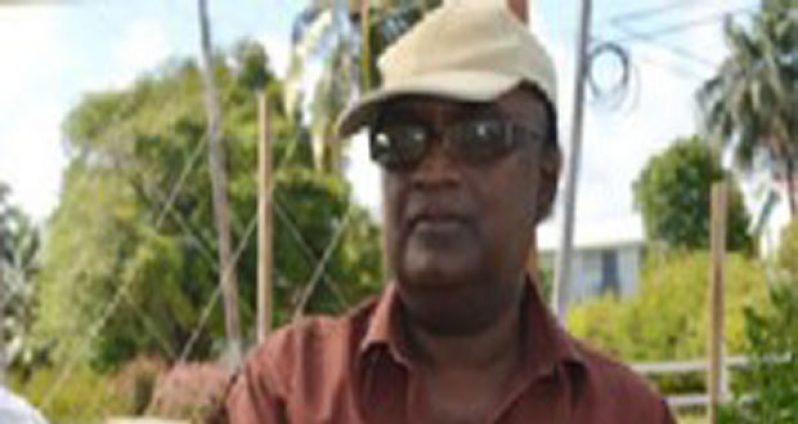THE National Agricultural Research and Extension Institute (NAREI) is receiving support from the EU-funded Agricultural Policy Program (APP) to locate, develop and multiply varieties of selected local vegetables for resistance to climate change.The NAREI recently signed a contract with the Caribbean Agricultural Research and Development Institute (CARDI) to produce genetic resources, such as seeds and plant tissues, as top quality germplasm for breeding and preservation of highly productive, climate-resistant varieties of cassava, sweet potato, and hot peppers, among others. The contract is part of Component Two of the APP project for CARIFORUM countries, which aims at promoting the development of smallholder agriculture through dissemination and adoption of applied research and appropriate technologies, including agriculture-oriented measures in disaster preparedness and climate change adaptation.
The Inter -American Institute for Cooperation on Agriculture (IICA) is the principal implementing agency for the Euro 8.6 million programme, which started in 2013 and will end in December 2016. CARDI and the CARICOM Secretariat are implementing partners.
Chief Executive Officer of the NAREI, DR Oudho Homenauth, disclosed that CARDI had been tasked with this project within the CARIFORUM countries, including Guyana, but had subsequently handed over its responsibilities to the NAREI, since it has no local office here.
He said that, thanks to the recent establishment of the state-of-the-art Bio-Control and Tissue Culture Laboratories at NAREI Headquarters at Mon Repos East Coast Demerara, the Institute was quite up to this challenging task.
He said: “Our tissue culture laboratory offers the means through which new and improved plant varieties can be produced locally, but (we) can also process those transferred to Guyana from other countries. A good example of top quality vegetables we can produce with transfer from another country is gerplasm of plantains which are resistant to the Black Sigatoka disease.”
He said that NAREI would identify, through DNA analyses and other scientific investigations, the varieties that show capabilities for adaptation to extremes of weather conditions, then carry out multiplication of the germ-plasm on the varieties identified, and keep them stored in a “bank”.
He said that NAREI would also assist small producers and entrepreneurs to be able to multiply and manage these improved germplasm materials themselves.
Two other components of the EU APP programme to boost regional agriculture development are regional policy and strategy, and enterprise and market development, being implemented by CARICOM and IICA respectively.
The NAREI project input into
Component Two of the APP programme for Guyana will come to an end in December 2016, when the APP program is closed.
Dr Homenauth disclosed last week: “Everything has been in place, and we have started.” (Clifford Stanley) (END).



.jpg)








